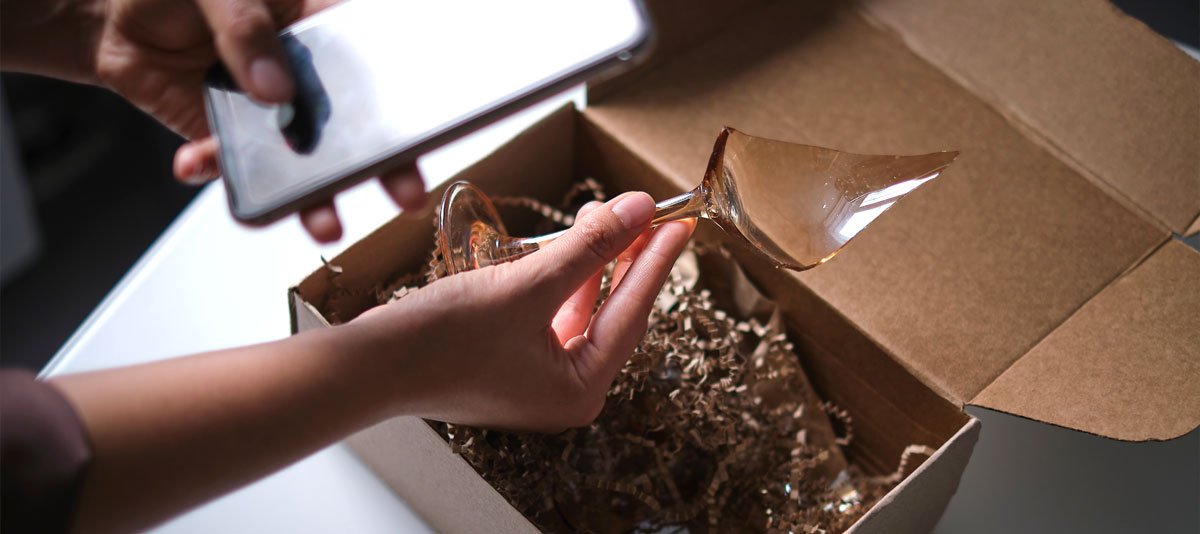Reducing the Risk of Shipping Damage for eCommerce Deliveries
Goods damaged during delivery are a growing problem for eCommerce. When you buy in a High Street store, you’ll usually spot a faulty or flawed item before you get to the check-out. Not so with eCommerce purchases. In fact, the process of shipping items to customers increases the risk of damage to goods. A survey carried out by Whistl found that 65% of consumers asked said they had returned faulty or damaged goods.
Damaged Goods Are An Expensive Problem
If you’re trading online, you’ll be paying for goods damaged during delivery without having direct control over the cause of that damage. It could be poor transit conditions, or improper handling on the part of your carriers. And it’s not only profits that suffer, customers dislike receiving damaged goods and may consider the brand to be at fault, rather than the shipping process.
The most effective way for eCommerce businesses to minimise the volume of goods damaged during delivery is to ensure they leave your premises with optimum packaging and care for the journey ahead.
- Use the Right Size Packaging
- Wrap Everything
- Use Good Quality Packaging
- Label Packages Appropriately
- Eliminate Empty Space
- Use Bespoke Packaging
- Record and Analyse Damage Data
- Trial the Delivery Process
1. Use the Right Size Packaging
If you’re using packaging that is much larger than the product you are shipping, you’re adding to the risks of damage during delivery, and you’re potentially paying more than you need in shipping costs. Sending a ‘large’ parcel when in fact your product would fit into ‘standard parcel’ packaging costs more, and you’re paying extra to ship empty space.
2. Wrap Everything
Treat the way you package your products for shipping as part of your R&D. Find the right material for each kind of product you sell, and factor it into the price. Not wrapping products, or wrapping them carelessly, is false economy. What you save in time and resources, you’ll pay out in returns.
3. Use Good Quality Packaging
Your goods are your profits, so you need to protect them against bad weather, bad handling and bad storage. A poly bag is designed to do a specific job well; don’t assume that it will do a different job equally well. Get the protection you need, at a competitive price, and watch the reduction in your returns.
4. Label Packages Appropriately
Maybe carriers will ignore your labels, but that’s no excuse not to use them. How can shippers know that a package is fragile if there’s no communication to that effect? If you don’t want to spend on labels, write the message clearly on the package. If you do so, and there are still problems, you at least have a clearly evidenced concern to take to your carriers.

5. Eliminate Empty Space
If you cannot find a box, or package that exactly matches the size of your product, the second best thing you can do is to fill the empty space around the product with packaging. It could be foam pieces, bubble wrap or packing paper. The aim is to stop the product shifting when in transit.
6. Use Bespoke Packaging
There is packaging for every kind of item you may wish to send, if you do your research and find the right supplier. If your product needs to be stabilised whilst moving, so that it doesn’t roll about, there are foam inserts that can be cut to size. Alternatively, you may want to invest in shock absorbing custom pallets, or see if your carrier will provide these.
7. Record & Analyse Damage Data
Set up a system that allows your staff to enter every instance of returns due to goods damaged during delivery, with clear descriptions of the problem. Check the list regularly to discern patterns which reveal problems you could eliminate. Certain types of damage may require discussion with your supplier. Alternatively, you could look for packaging solutions that would eradicate the issue.

8. Trial the Delivery Process
If you’re dealing with a new client, you will want to trial the fulfilment process from start to finish. Is inventory being stored appropriately? Do new picking and packing employees need training in packaging certain items? Quality check the item at the end of the process, look for vulnerabilities and see if you can reduce them before they start their journey to the customer.
Prolog Can be Trusted to Minimise Goods Damaged During Delivery
If the time has come for you to outsource the fulfilment and shipping of your goods, so that you can focus on the things you do best, then working with an established third-party logistics (3PL) company will provide multiple benefits for your business.
At Prolog we can create a fulfilment process, personalised to your product and your brand. One of our aims will be to minimise goods damaged during delivery. Our focus is always on getting goods to your customers promptly and in a pristine state via our network of couriers.
As fulfilment specialists we live the journey a product makes from inventory through picking and packing and safe transit, to the customer unboxing experience. We can use that expertise to create a packaging solution that ensures your goods move efficiently, cost-effectively, and safely through the supply chain, whilst prioritising brand messaging.
A Family-Run Fulfilment Business
Prolog is family-run and has been delivering high-quality fulfilment for three decades. We have a fulfilment centre in Nottinghamshire, right in the heart of the UK. We consistently invest in innovative new technologies in order to keep abreast of new developments in eCommerce fulfilment, and our inventory management system drives our fulfilment efficiency.
If you would like to take a look at our fulfilment centre, meet our 3pl team, and talk through what it is you require from a 3pl partner, do get in touch. Then, if Prolog feels like the right partner for your business, we can proceed at your pace to work with you in making the switch happen seamlessly.







